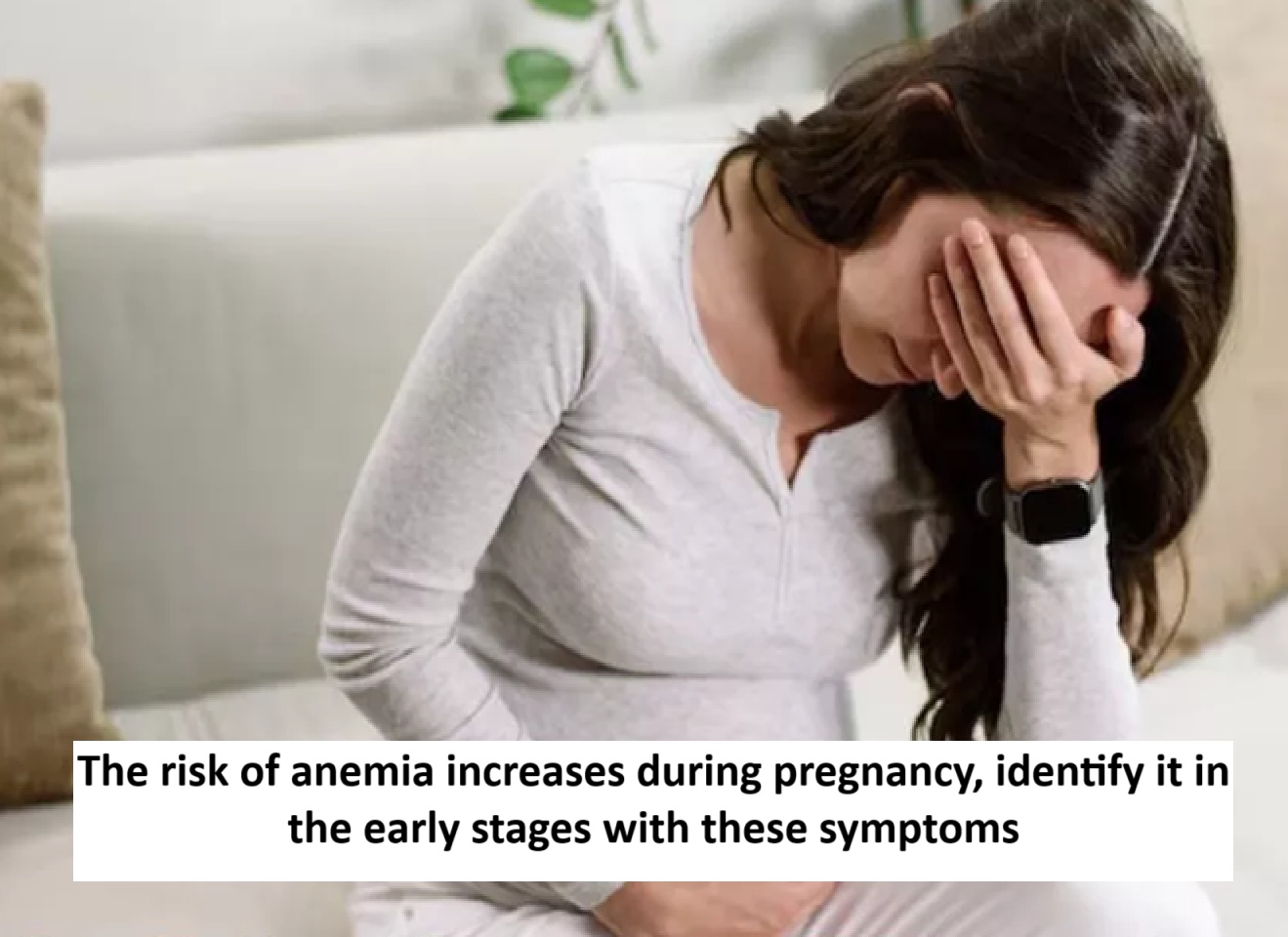
News Topical, Digital Desk : Pregnancy Anemia: Pregnancy is a very happy journey for any woman, but during this time many changes take place in the body. Due to these changes, the needs of the body also start changing, which is important to pay attention to for the health of both the child and the mother. To provide proper nutrition to the body, it is necessary to have plenty of iron, folic acid and vitamin B12 in the diet. Due to their deficiency, the risk of anemia (Anemia During Pregnancy) increases significantly.
Let us tell you that many women have to face anemia during pregnancy, which is mostly seen in women in villages or economically weaker sections. If this problem is not treated at the right time, then the life of both the mother and the child can be in danger. Let us know why anemia can occur during pregnancy, what are its symptoms (Pregnancy Anemia Symptoms) and what can be done to prevent it (Anemia Prevention Tips).
What is pregnancy anemia?
Anemia is a health condition in which there is a lack of hemoglobin in the body. Hemoglobin is a protein found in red blood cells, which carries oxygen to the body parts. During pregnancy, the body needs more oxygen supply. Therefore, hemoglobin is also needed more. But if the level of hemoglobin in the body is less than 11gm/dL, then it is called pregnancy anemia.
Why can anemia occur during pregnancy? (Causes of Anemia during Pregnancy)
There can be many reasons for anemia during pregnancy, such as deficiency of iron, vitamin B12 and folate. Apart from this, anemia can also occur due to excessive bleeding or any chronic disease.
- Iron Deficiency Anemia- During pregnancy, the body needs more iron than normal for the development of the baby. In such a situation, if iron-rich foods are not included in the woman's diet, then there is a risk of anemia.
- Folic Acid Deficiency- Folic acid is very important for making red blood cells. If there is a deficiency of it in the body, then the risk of anemia increases.
- Vitamin B12 deficiency- The best source of vitamin B12 is non-vegetarian foods. Therefore, vegetarian women are at a higher risk of vitamin B12 deficiency.
- Anemia: If there is heavy bleeding during the first period of pregnancy or excessive bleeding due to any other reason, then there may be a problem of anemia.
- Chronic diseases – Health conditions like kidney or liver disease, thalassemia can also cause anemia.
What are the symptoms of anemia during pregnancy? (Symptoms of Pregnancy Anemia)
- Feeling tired and weak
- Shortness of breath (shortness of breath even with small tasks)
- Yellowing of the skin, nails, and eyes
- Skin Dyness
- Ulcers on the tongue
- Dizziness or headache
- Rapid heartbeat
- Feeling cold in hands and feet
- Loss of appetite
- Resting leg syndrome
Anemia Prevention Tips
- Iron-rich diet- Green leafy vegetables, beetroot, pomegranate, lentils, eggs, lean meat etc. should be included in the diet of pregnant women.
- Folic acid and vitamin B12 – Foods rich in vitamin B12 , such as eggs, fish, meat, fortified milk and dairy products, should be included in the diet.
- Vitamin C- Vitamin C is essential for the absorption of iron. Therefore, orange, lemon, amla, tomato etc. should be included in the diet of pregnant women.
- Regular health checkup- During pregnancy, haemoglobin should be checked regularly so that if there is anaemia, it can be detected in time.
- Supplements- If iron and vitamin B12 are not being fulfilled by diet, then on the advice of the doctor, you can take iron and vitamin B12 supplements.
--Advertisement--

 Share
Share



